Deep ecology: Defending the Earth
What impacts the relationship of humans and nature and in what do we see the true value of nature? This is what deep ecology, an environmental philosophical theory originating from the 1970s searches the answer for.
Please also read: Investing in Wilderness pays off
What is deep ecology?
Although the theory first emerged from the Norwegian philosopher and mountaineer Arne Næss, the idea of prioritising the health of the environment and the necessity to guard its integrity quickly gained popularity. Arne Naess first drew a sharp distinction between “shallow environmentalism” and “deep ecology”. Published in his 1973 article, “The Shallow and the Deep, Long-Range Ecology Movements: A Summary.” he claimed that most ecology groups have a false, inadequate approach to nature. According to him, these groups fail to challenge the existing institutionalised worldview of the current society. These “shallow” ecologies instead view nature rather individualistically and adhere wrongly to a very anthropocentric view of nature. By seeing nature as something subordinate, inanimate, humans position themselves to gain the power to dominate the Earth.
Deep ecology, in comparison, emphasises that humans shall make a conscious return to nature, and develop an ecosophical approach to it. He writes “by an ecosophy I mean a philosophy of ecological harmony or equilibrium. A philosophy is a kind of wisdom. It is openly normative, it contains both norms, rules, announcements and hypothesis concerning the state of affairs in our universe.”
Human need to dominate nature
Deep ecology strongly shaped the environmental movement. It aims to challenge the human need to dominate nature. It attempts to articulate a comprehensive worldview that includes religion and philosophy at the same time. For thousands of years, the Western civilisation has cultivated an obsession with the idea of dominance. Dominance of humans over the nonhuman Nature, masculine over the feminine, the wealthy over the poor, West over non- Western cultures.
Næss therefore creates the principle of biocentrism. “That all things have an equal right to live and blossom and to reach their own individual forms of unfolding and self-realization within the larger self-realization”. This principle claims that as everything is interrelated, if we harm nature, we inevitably harm ourselves. This might have an esoteric connotation to some. Indeed, in the second generation of deep ecologists the direction has often shifted to a rather esoteric and sometimes anti-humanistic view. However, Næss did not have such a purpose with developing the theory of deep ecology. He simply aimed to shift the focus of humans in for we view and reconstruct the Earth.
Quality of life is here considered to be something incompatible with artificial, material standards above that necessary for the satisfaction of fundamental needs, and secondly, that ecological considerations are to be regarded as preconditions for life quality, therefore not outside human responsibility…The lifestyle of the majority should be changed so that the material standard of living in the Western countries becomes universalisable within this century. A consumption over and above that which everyone can attain within the foreseeable future cannot be justified.

Eight principles to defend the Earth
Næss together with the American philosopher Sessions developed eight essential principles for deep ecology in the mid-1980s that, 40 years later, continue to be true:
- Inherent value: The well-being of human and nonhuman life on earth has intrinsic values, separate from human uses or purposes
- Diversity: Richness and diversity of life forms contribute to the realization of these values and are also intrinsic values
- Vital Needs: Humans have no right to reduce this richness and diversity except to satisfy vital needs
- Population: The flourishing of human life and cultures is compatible with a substantial decrease of the human population. The flourishing of nonhuman life requires such a decrease
- Human Interference: The present human interference with the nonhuman world is excessive, and the situation is rapidly worsening
- Policy Change: Policies must therefore be changed. These policies affect basic economic, technological, and ideological structures. The resulting state of affairs will be deeply different from the present
- Quality of Life: The ideological change is mainly that of appreciating life quality (dwelling in situations of inherent value) rather than adhering to an increasingly higher standard of living
- Obligation of Action: Those who subscribe to the foregoing points have an obligation directly or indirectly to try to implement the necessary changes
Does nature have and intrinsic value?
According to Næss, deep ecology is not one direction. It is rather a valuable theory to contemplate about and is ready for criticism. The theory of deep ecology is not radical in itself, but the idea is above the humans, and puts nature into the focus instead of humans. It emphasises the intrinsic value of nature. We humans must recognise this intrinsic value, otherwise we cannot sufficiently and deeply protect and steward our natural environment. As Næss emphasised, we must “not only protect the planet for the sake of humans, but also, for the sake of the planet itself, to keep ecosystems healthy for their own sake”.
Also interesting to read: Obituary of Arne Næss


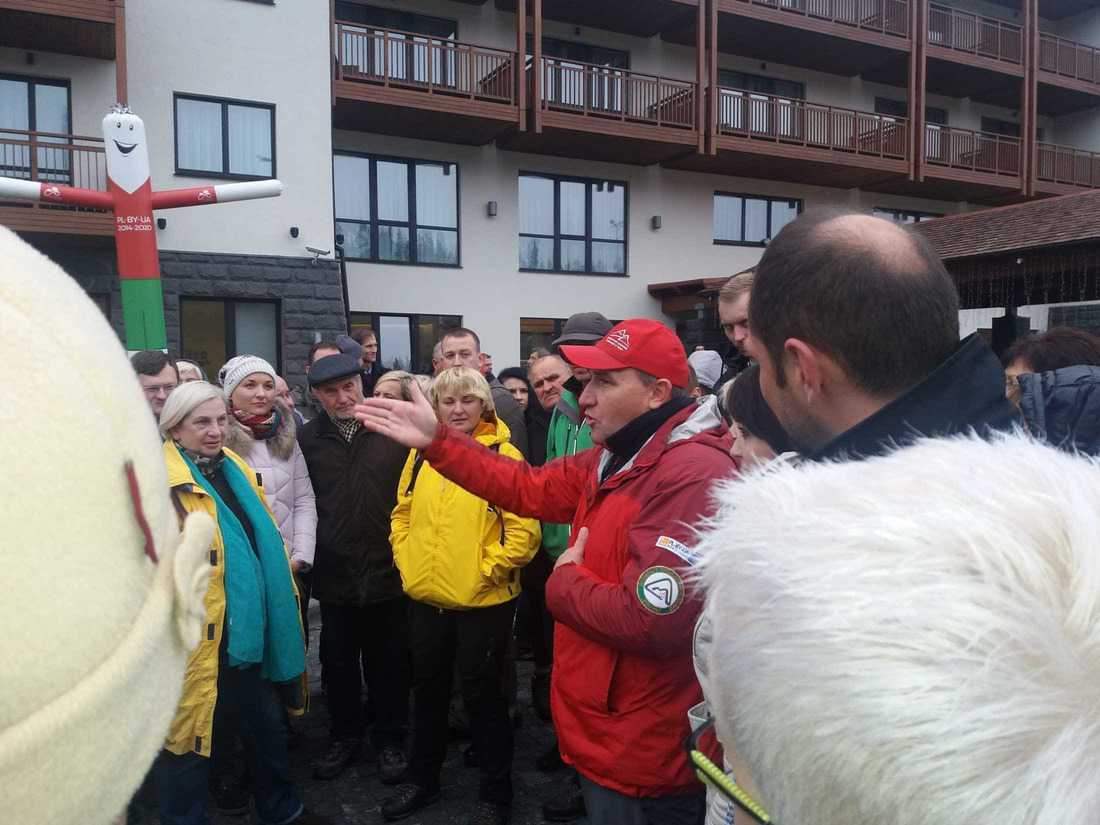

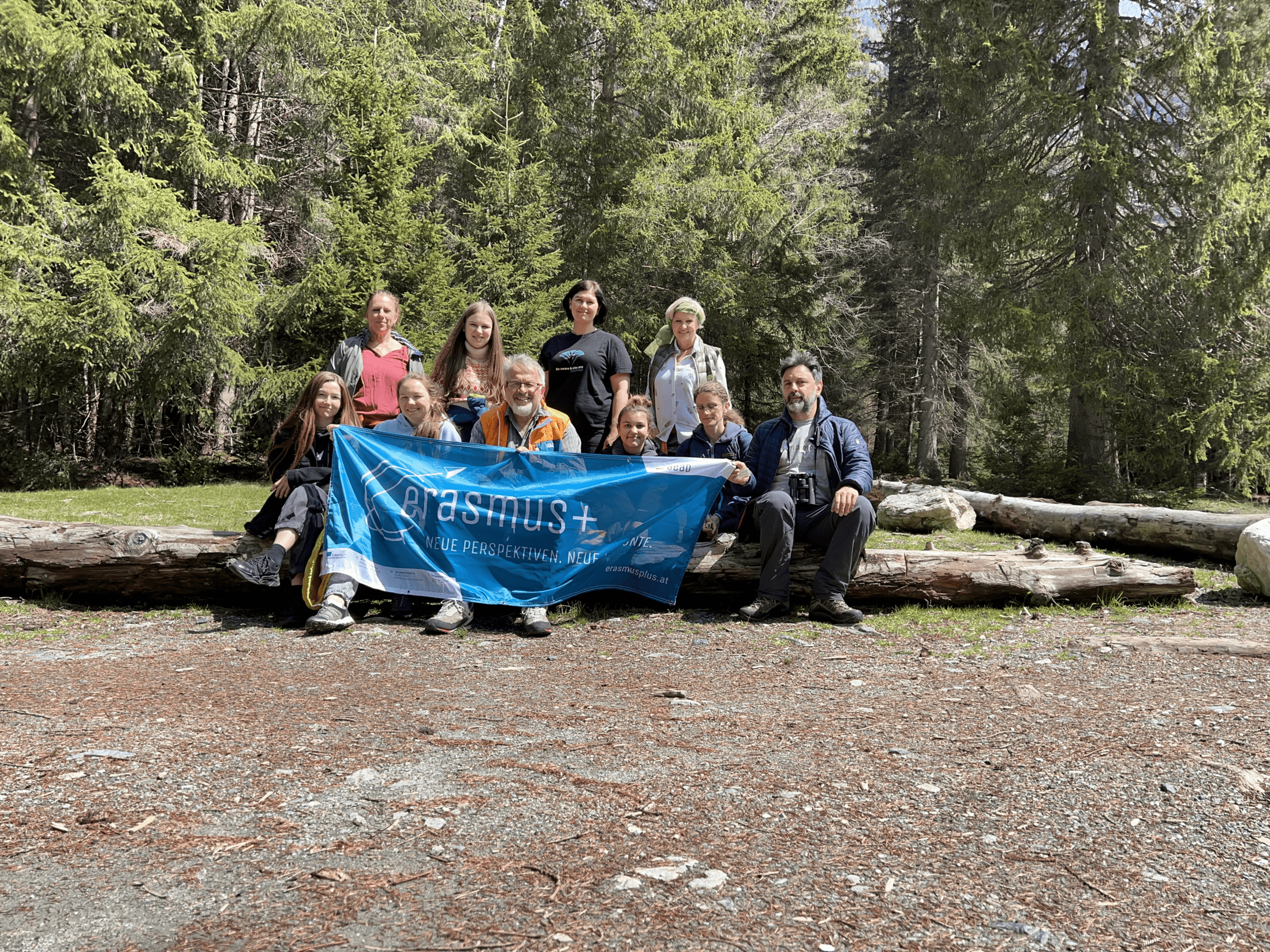
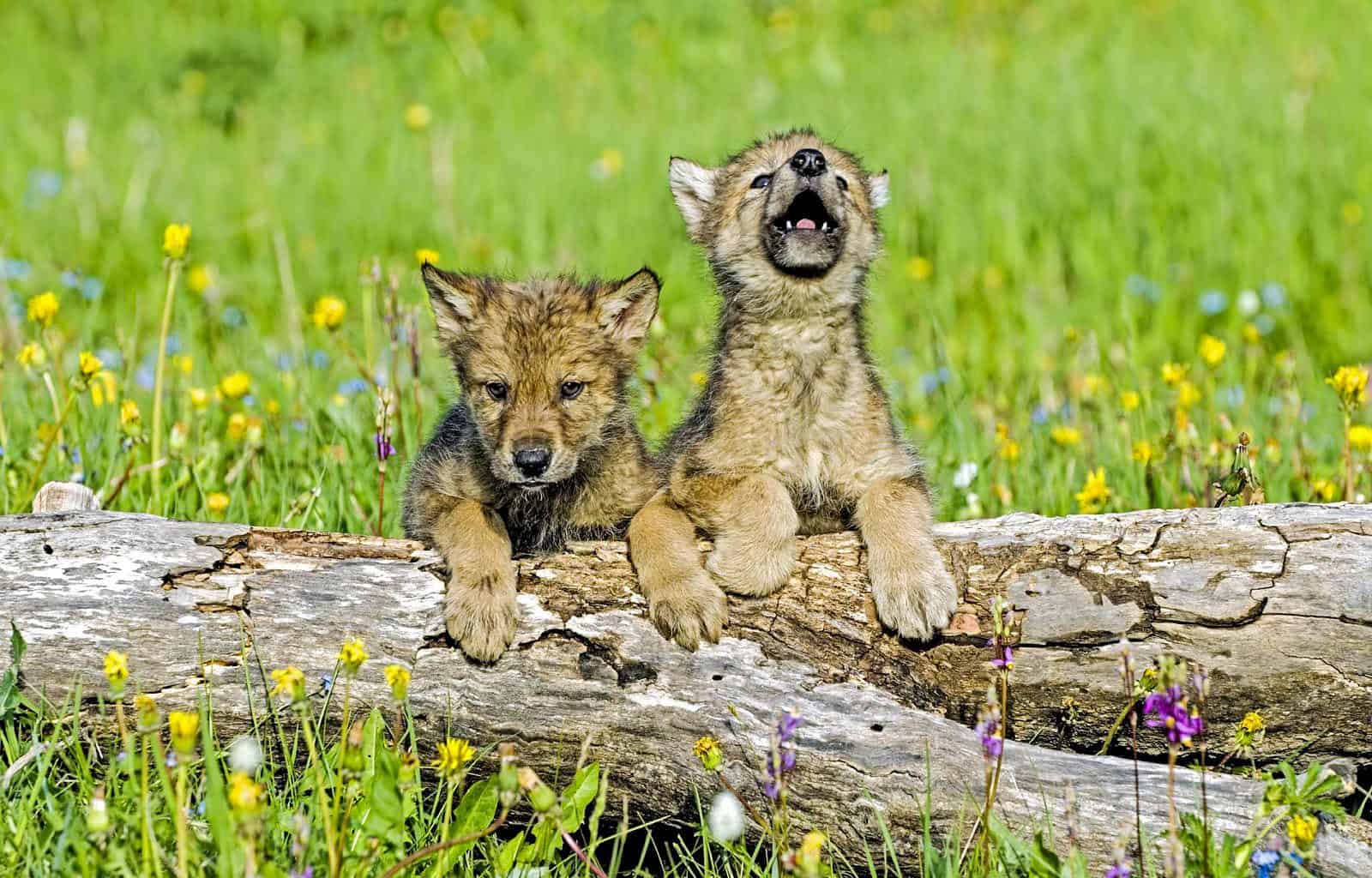
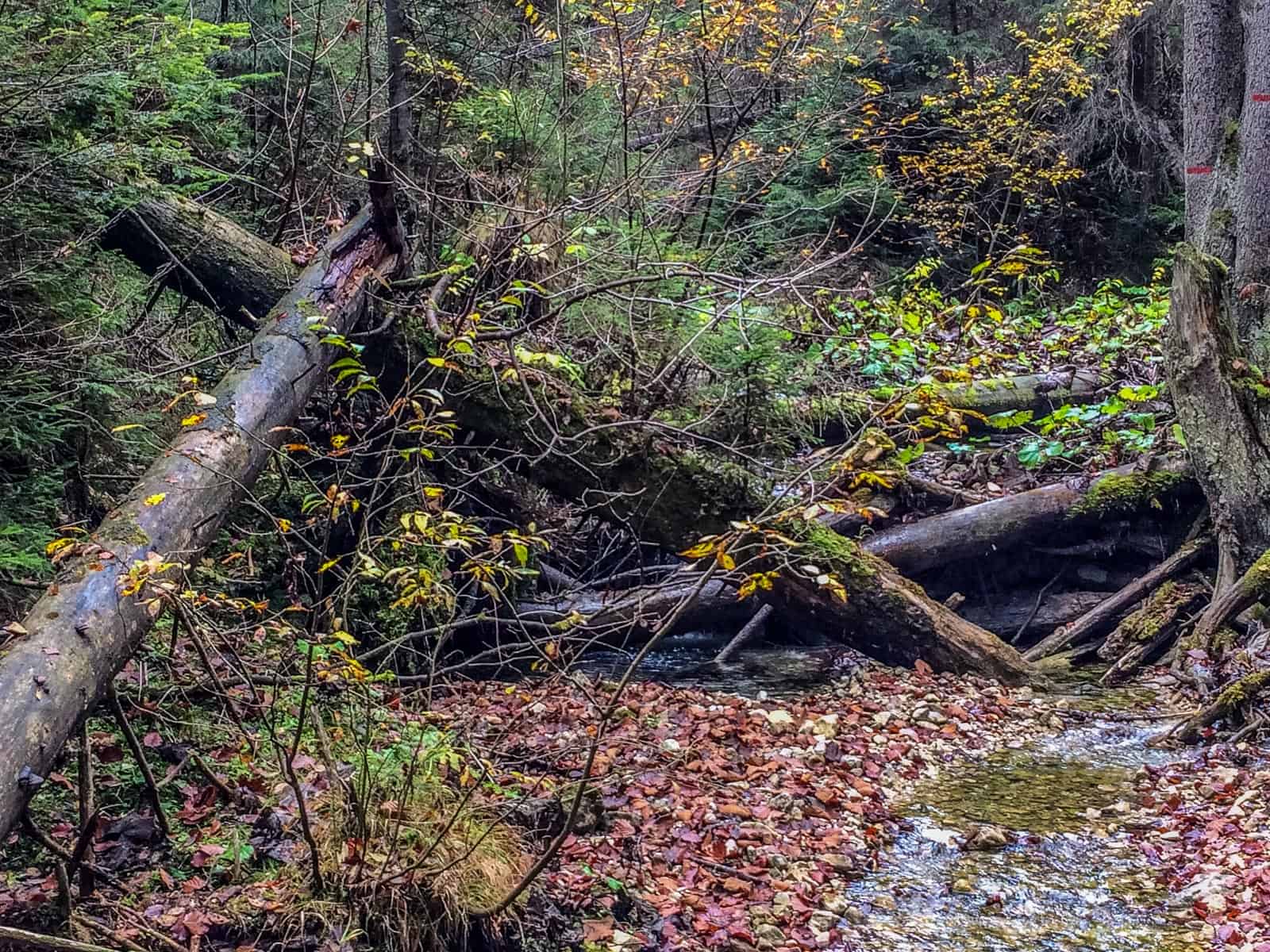
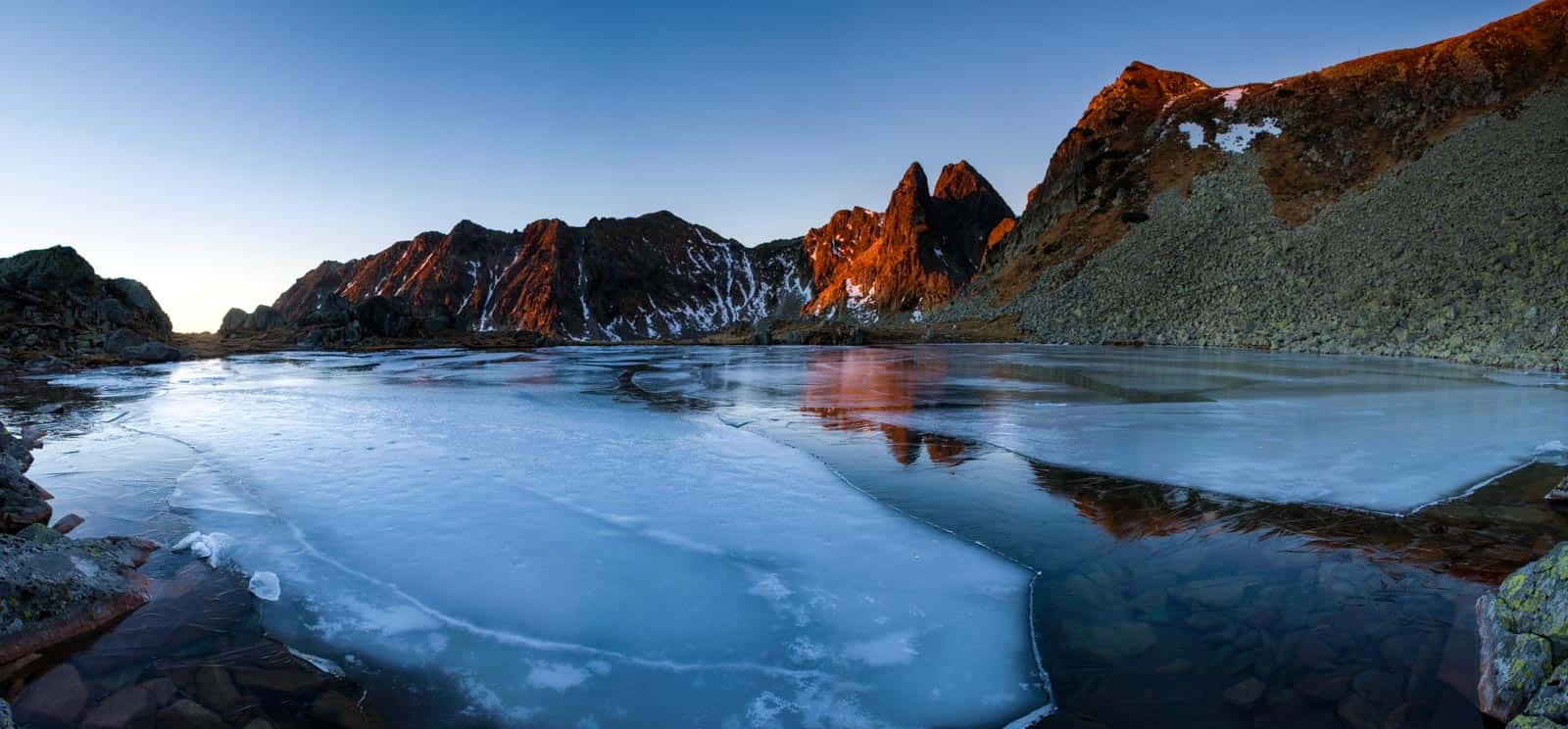

Thanks for highlighting the concept of deep ecology and the work of Arne Naess. At this website, of which I am the content editor, a wealth of background materials can be found (Open Access): https://openairphilosophy.org/
Best wishes, Jan van Boeckel